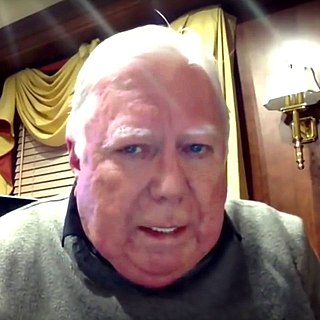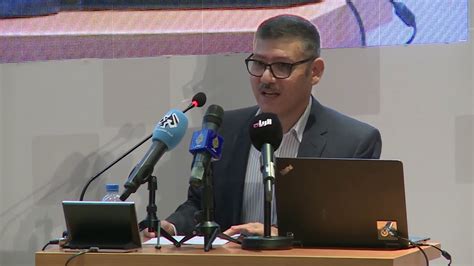A Quote by Elaine Sciolino
The Bush administration actually started out with an open mind towards Iran, by all indications. In fact, early in the administration, the White House tasked the various agencies of government to do an inter-agency review of Iran policy, as it did with Iraq policy and most of the big areas of the world.
Related Quotes
After the revolution of 1979, Iran embarked on a policy of sectarianism. Iran began a policy of expanding its revolution, of interfering with the affairs of its neighbors, a policy of assassinating diplomats and of attacking embassies. Iran is responsible for a number of terrorist attacks in the Kingdom, it is responsible for smuggling explosives and drugs into Saudi Arabia. And Iran is responsible for setting up sectarian militias in Iraq, Pakistan, Afghanistan and Yemen, whose objective is to destabilize those countries.
I think the Bush Administration had basically inherited a policy toward Iraq from the Reagan/Bush Administration that saw Iraq as a kind of fire wall against Iranian fundamentalism. And as it developed over the 1980s, it became a real political run-a-muck... even though the Iraqis were known to be harboring Palestinian terrorists.
Under the current U.S. policy, because of this power struggle, American oil companies can't do business with Iran. So I think the ultimate goal of the U.S. administration in Iran is regime change, to put into power a pro-Western government that will eliminate the strategic challenge to U.S. interests and, at the same time, allow the lifting of sanctions and allowing American oil companies to do business with Iran.
Secretly, the Bush administration is pursuing a policy to expand NAFTA politically, setting the stage for a North American Union designed to encompass the U.S., Canada, and Mexico. What the Bush administration truly wants is the free, unimpeded movement of people across open borders with Mexico and Canada.
By accident of geography, the world's major oil resources are in Shi'ite-dominated areas. Iran's oil is concentrated right near the gulf, which happens to be an Arab area, not Persian. Khuzestan is Arab, has been loyal to Iran, fought with Iran not Iraq during the Iran-Iraq war. This is a potential source of dissension. I would be amazed if there isn't an attempt going on to stir up secessionist elements in Khuzestan.
Ayatollah Khamenei actually is not the most powerful person in Iran. He does not make nuclear policy. He does not make security policy. He is one voice among many and not even the most important voice by any means.When nuclear strategy is being discussed in Iran, he is not the dominant figure to make things happen. So I think this sense which he has created to a considerable degree by his own self-promotion has made him the center of attention when, in fact, the real center of activity is some place else.
When George W. Bush decided to save the American position in Iraq by going against the advice of all of his wise men, of Jim Baker and the whole Iraq Study Group, and 90% of his administration, that was George W. Bush's decision. So we have to bear in mind that this isn't an administration we're electing. It's a person that we are electing.






































